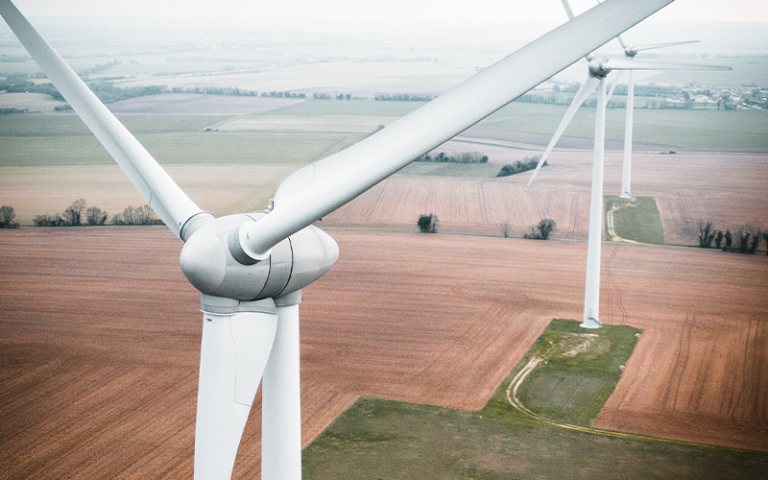Energy revolution is needed, but UK net zero strategy is not enough - Prof Jim Watson
31 March 2023
Following the announcement of the UK’s Government’s revamped net zero strategy to improve energy security and reduce household bills Professor Jim Watson has commented on the need to go further on energy demand and on-shore wind for a true energy revolution.

Professor Jim Watson, Director of the UCL Institute for Sustainable Resources, has commented:
"The government is absolutely right that an energy revolution is required to tackle climate change, high bills and risks to our energy security. But their announcements today are not enough to deliver this revolution.
Any serious strategy to deal with these challenges should include a serious plan to reduce the amount of energy we need to use. The level of funding available for energy efficiency measures to insulate households from high bills is simply inadequate. Whilst the additional funding to upgrade the homes of low income households is welcome, millions of other households will also need help. This means grants, access to low cost finance, impartial advice and skilled installers.
The government has confirmed some welcome funding and policy reforms to shift our energy supplies away from fossil fuels - and to create jobs in the process. But many announcements have been made before, and the emphasis is on longer term options. A crucial omission is the lack of significant progress to overturn the de-facto ban on onshore wind power in England and Wales, which is one of the cheapest forms of low carbon electricity.
One of the most significant announcements for emissions and energy security is on the acceleration of a shift to zero emissions vehicles, which basically means continuing to increase the proportion of electric vehicles sold. New requirements on manufacturers to sell an increasing percentage of these vehicles will help to deliver the moratorium on new fossil fuel vehicles between 2030 and 2035."
 Close
Close

